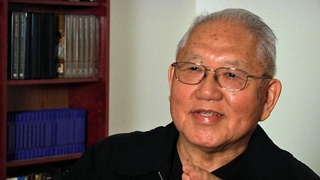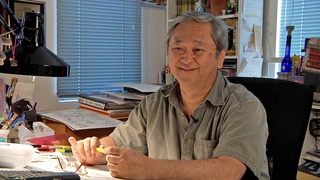Entrevistas
The reason for creating the songflim Omoiyari
The initial impetus was obviously the election. And then there’s that guy who’s talking about the Muslim ban and how the executive order, the incarceration, was precedent and that kind of really activated me in a way that, it was like I felt threatened as a minority in this country for the first time. I always kind of believed this country was a melting pot, it was open for everybody, and that’s when I started to really try to understand the incarceration.
This film serves two parts in that one is to kind of show this history and to develop empathy and kind of confront privilege to have my viewers take a step back and really understand how to help their community, or how to help underprivileged people or to help minorities – to get that perspective.
And I like to encourage minorities to have hope, that this is just a turning point. And then also for white people to be, hey this is really not just your country anymore. And all these advantages you’ve had, you should really acknowledge them and take a step back and share.
Data: August 21, 2018
Localização Geográfica: California, US
Entrevistado: Sharon Yamato
País: Watase Media Arts Center, Japanese American National Museum
Explore More Videos

Considers Pittsburg his home, but always wanted to live in Japan
(n. 1981) Cantor de música enka

Singing the way I sing (Japanese)
(n. 1981) Cantor de música enka

The first concert in the United States (Japanese)
(n. 1981) Cantor de música enka












